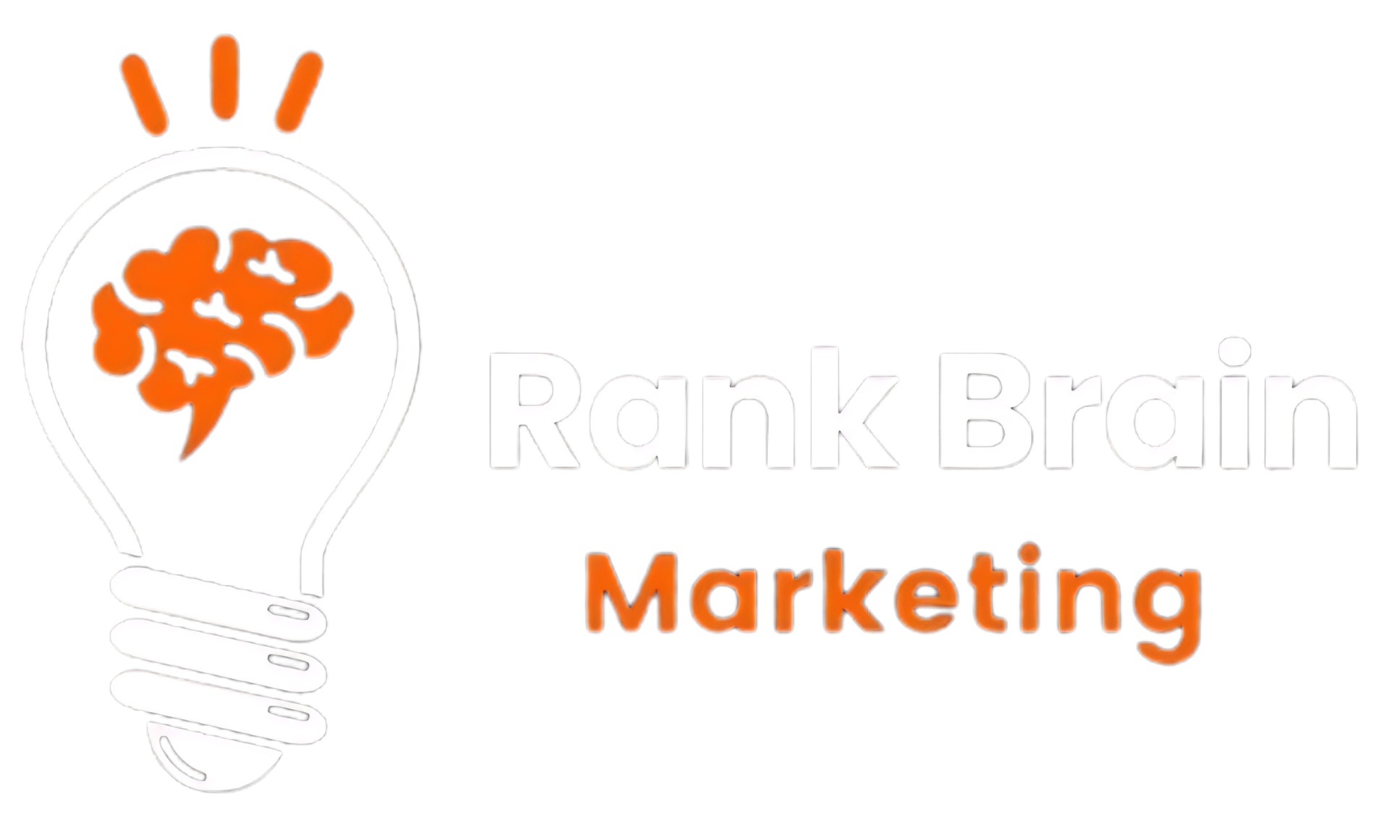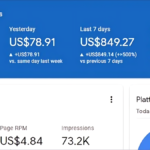Artificial Intelligence is becoming increasingly popular for many reasons. Regardless of your industry, AI can make your life simpler in numerous ways.
Machine intelligence is referred to as Artificial Intelligence. Artificial intelligence (AI) has gained in popularity in today’s world. It refers to the simulation of natural intelligence in computers that have been programmed to learn and mimic human actions. These robots are capable of learning and doing actions that are often associated with humans as they acquire experience.
Therefore, the development of artificial intelligence (AI) technologies will have a significant effect on our standard of living. Everyone desires to interact with AI technology, either as a consumer or by pursuing a career in AI.
For example, AI can be use to organize information, create personalize the shopping experiences, conduct medical research, help solve crimes, teach students, provide security, and much more. Check out this blog post to learn how AI can help you.
1. What is Artificial Intelligence?
In conclusion, Artificial intelligence is, quite simply, intelligence exhibited by machines. AI can be use to refer to the capabilities of machines to carry out complex tasks that would ordinarily require human intelligence, such as understanding natural language and recognizing objects.
AI is more than just a fancy computer program: it is a field of study devote to understanding the nature of intelligence and how it can be replicated in machines. Thanks to rapid advancements in AI technology in recent years, we are beginning to see its impact on our everyday lives.
2. When did AI begin?
AI has been around for a long time but has only recently become mainstream. AI is a field of computer science that aims to create intelligent machines, or computers that can reason, learn and behave like humans.
The term “artificial intelligence” was first coined in 1956 by John McCarthy, one of the founders of the field. However, the roots of AI go back even further. Researchers have been working on AI problems since the 1950s, and some of the early prototypes of AI technology can be trace all the way back to the 1800s.
3. How does artificial intelligence work?
AI is a process that allows machines to interpret and learn from data. This could be anything from recognizing faces and objects to understanding natural speech.
All of this is done by programming the machine with what’s called a “learn algorithm.” This algorithm allows the machine to “learn” over time, making it a smarter and better suite to interpret data.
There are different types of artificial intelligence, but some of the most common are machine learning, natural language processing, and computer vision.
4. How artificial intelligence will change society
In addition, As AI continues to evolve and become more sophisticated, it will increasingly be used to automate tasks that have traditionally been done by humans. Many people are skeptical about how artificial intelligence will impact our lives, but the truth is, it can already be found in a number of everyday activities. For example, if you’ve ever used Siri or Google Home, you’ve used artificial intelligence. These digital assistants are able to understand natural language and respond accordingly. Other examples of AI at work include online recommendation engines and fraud prevention software.
As these technologies become more advanced, they will become more ubiquitous in our lives. We will see AI being use in more and more industries, making our lives easier and more efficient.
5. Using Artificial Intelligence
In other words, Artificial intelligence has the potential to make our lives easier in a number of ways. For example, AI can help us with tasks that are time-consuming or difficult. It can also make recommendations about what we should do or buy, based on our individual preferences.
In the future, AI may even be able to do some of our household chores for us! But how does AI actually work? And most critically, how can we take advantage of it?
Conclusion:
If you’re asking what artificial intelligence is, the answer is complicated. Artificial Intelligence (AI) is an umbrella term for technology that emulates human behavior or thought patterns to complete tasks. AI takes concepts like machine learning and deep learning and applies them to big data, which can include anything from personal preferences to social media posts. The applications of AI are endless – it could be helping doctors diagnose cancer in record time, automating tedious processes like claims filing, or improving customer service by having a chatbot available 24/7 on your favorite messaging platform.










